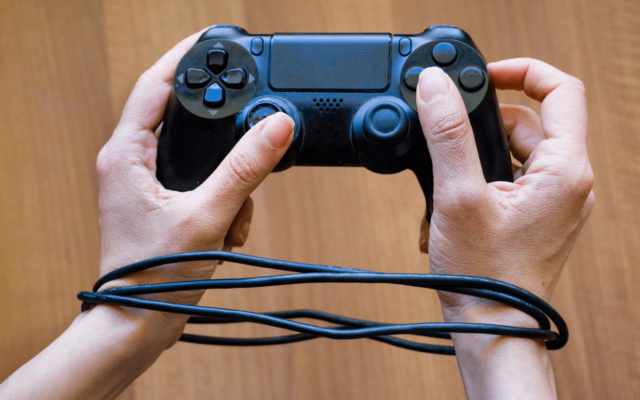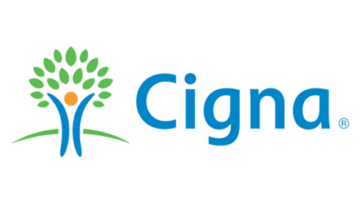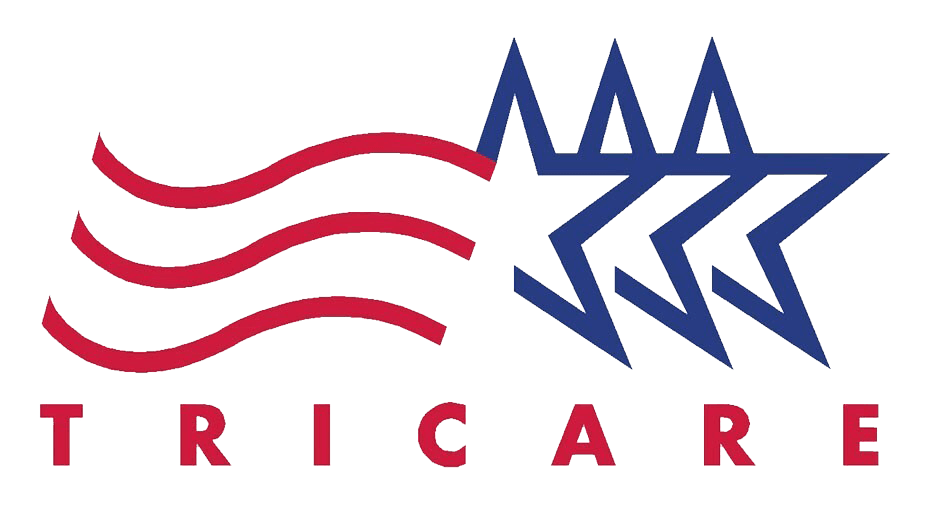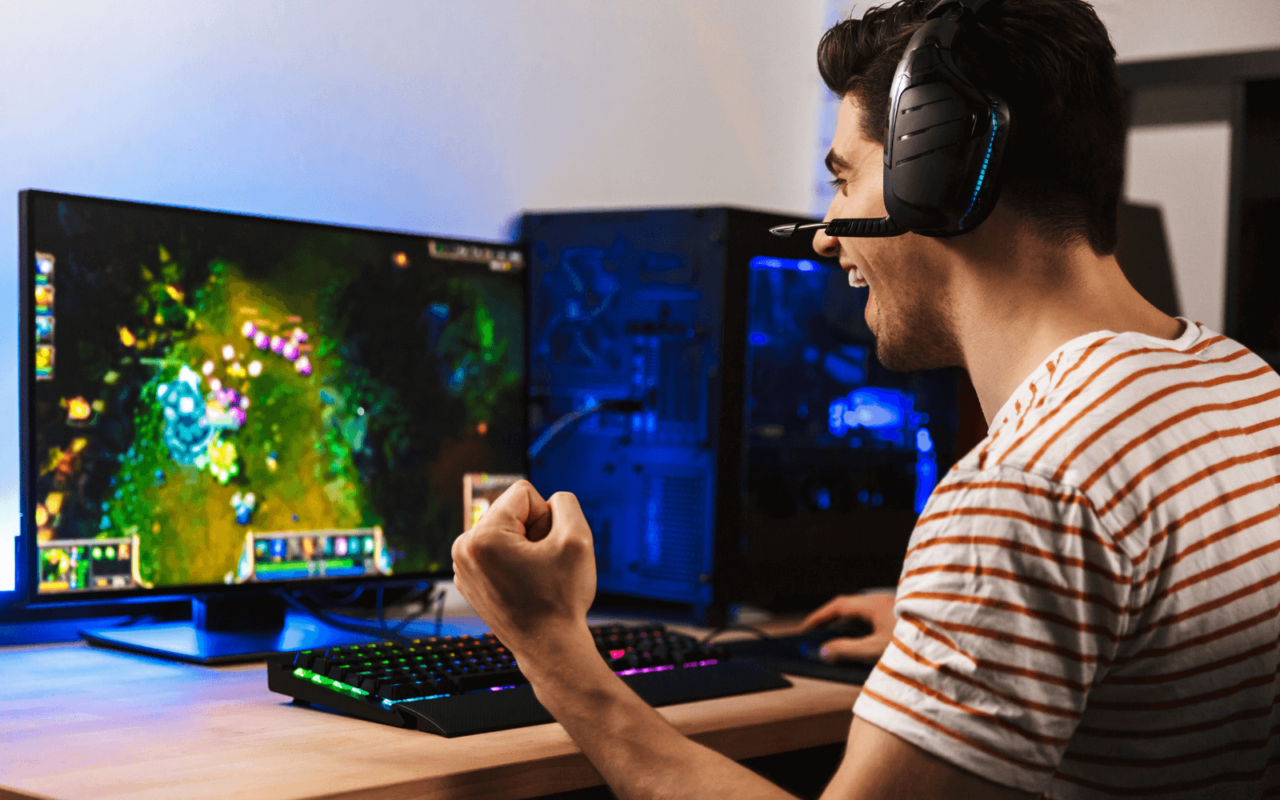The impact of technology on mental health today is still being understood. In comparison to the age of human existence as a whole, technology has only been present for the blink of an eye. While we all can agree that technology has brought tremendous advantages to everyday life and communication, some still heed the warning that our tech has become incredibly invasive. Just look around you- between a hand held world in the palm of our hand to the endless screens found in nearly every establishment- technology is everywhere. Games on the other hand have always been present in some form or other as humans have evolved. Games provide great benefits for the mind in learning, connecting, and growing which is why they are especially important for children and young adults as they mature. However, what happens when games and technology meet? Well, you’re looking at that outcome today. Video games, first established by console in the 80’s, have evolved to become so realistic the world becomes blurred for some. Video gaming addiction treatments: the impact of technology on mental health has never been more important to understand than now.
Technology has provided the path of convenience for anyone wanting to play all sorts and types of games. Video gaming in particular, after an isolating COVID Pandemic, has shot through the roof (quite literally in the combat video game world). Connecting by console rather than playing outside has become the norm, unfortunately. While this truth does not speak to everyone, there is a growing concern of our future generations well being. Technology is only getting better, video games even more realistic and engaging. Hence, the concern for putting a spotlight on video game addiction treatments: the impact of technology on mental health. Whether it is yourself or someone you love, knowing the signs to look out for can play a huge factor in preventing worsening addiction. Genuine reflection of our own life can help someone determine if video gaming is just an enjoyable pastime, or has become an unhealthy addiction. And a genuine and knowledgeable approach to someone who may be struggling with video game addiction is key for them seeking the help they need. In this article we are going to take a deeper look into what video game addiction is, what it looks like, and what kind of video game treatments are available.
What Is Clinical Video Game Addiction Exactly?
Believe it or not, video game addiction very closely resembles other forms of addiction such as substance or sex addiction. Oftentimes, our brain makes the same connections and dependencies of various things in the same way. In order to fully understand video gaming addiction, we should look at the dopamine and gaming connection in particular. This connection guides understanding of the brain’s reward system and the impact of dopaminergic behaviors on the reward pathway. Dopamine is the feel-good neurotransmitter that’s the most critical element in the addiction process, especially in correlation with video games. When a person performs an action that satisfies a need or fulfills a desire, dopamine is released into the nucleus accumbens. This cluster of nerve cells beneath the cerebral hemispheres are associated with pleasure and reward, also known as the brain’s pleasure center. In simple terms, engaging in dopaminergic behavior increases dopamine levels so that the dopamine-reward pathway is activated. Therefore telling the individual to repeat what he or she just did in order to get that feel-good dopamine reward again. Technically, video game addiction can be defined as the overuse and obsession-related behavior of an individual in playing video games that increases over time. Gaming addiction is an unhealthy obsession despite the negative consequences and life altering problems of the individual experiencing addiction to video games.
Research has shown that people who are predisposed toward addiction have lower baseline levels of dopamine and other feel-good neurotransmitters such as endorphins and norepinephrine. Meaning they’re more likely to get hooked on any behavior that increases dopamine. This is simply because their brains crave it more than those of people who have normal baseline neurotransmitter levels. Therefore, bringing together the brain and addiction link. Learning how the human brain functions is imperative in really understanding video gaming addiction treatments: the impact of technology on mental health. By understanding what our brain does and why it does it, we hold the key to unlocking the door to healthy habits and successful recovery. To avoid playing into video game addiction even further, a gaming break HAS to occur. An addicted individual exhibits what usually starts out as an hour of playing games and then quickly becomes two hours a day the next week. Then steadily increasing to 4 hours a day the following week, and so on. What perhaps starts as one game, becomes two, becomes three, and so on. The troubling signs rear their ugly head when video games seem to become the main focus in daily life- the only way a person can relax, bring joy and excitement.
The Unfortunate Signs Of Video Gaming Addiction
We have established that video gaming addiction is the compulsive or uncontrolled use of video games when it negatively affects a person’s life. Unfortunately, addictive video games have become more commonplace and often target children and young adults. These age groups often need video gaming addiction treatments: the impact of technology on mental health most. Video gaming addiction treatment have become an important tool for families in today’s world as usage continues to expand, and games get even more realistic. Whether it is yourself or someone you love, the following are troubling addiction signs to watch for:
- Feeling upset or angry when the user cannot play video games.
- Thinks about video gaming all or a lot of the time.
- Needing to spend more and more time playing to self-regulate emotions.
- Not able to limit time or quit playing video games.
- Loss of interest in other activities once enjoyed before video gaming.
- Having problems at school, work, or home because of their gaming.
- Continuing to play video games despite problems in their own life.
- Lying to people about the amount of time spent video gaming.
Signs of video gaming addiction are not limited to what is outlined above, as each person is different in their interests and daily life. However, signs are made to be seen for a reason- to take action as soon as possible. Ignoring the signs, whether they pertain to yourself or someone you are concerned about, is the worst thing a person can do. Understanding video gaming addiction treatments: the impact of technology on mental health is a monumental step in the right direction. At Omega Recovery, we know all too well the signs of video gaming addiction and the steps necessary to stop it in its tracks. Our founding team has experienced this powerful addiction first hand, and we do everything possible to help those struggling break free.

Things To Do For Preventing Video Gaming Addiction Or While Seeking Treatments
Going cold turkey and completely stopping all use of video games is obviously the best way to stop video gaming addiction in its tracks. However, for some this can seem and feel like the end of the world. Their brain has become so conditioned and addicted to playing video games that the thought of stopping feels like the loss of a loved one. The reality is that going cold turkey is just not possible for those struggling with addiction at its depths. There are, however, some free and easy ways to avoid playing into video game addiction any further. Taking the steps in creating healthy habits such as setting limits, going outside, and enjoying things that took the back burner when video games arrived on the scene are great examples. Oftentimes, just starting with decreased amounts of gaming time each day, however much, is a great start. This is especially important for anyone seeking video gaming addiction treatments: the impact of technology on mental health.
Set A Limit – Taking some time to assess, whether for yourself or someone else you care about, how much time is spent in a day playing video games is the first step. Depending on the amount of time, the second step would be cutting down that time to a healthier level. Setting a daily gaming time limit for a person addicted and sticking them to it is the most important step toward a healthy recovery.
Go Outside – The benefits of nature and its influence on our well being is not only substantial, but proven. Nature provides the mind with peace, a sanctuary from a busy world full of an overload of obligations and distractions. Doing other activities every day, whether it be hiking, biking to work or school, exercise, or a simple walk outside can do wonders for a healthy state of mind. Immersion with the real world is one of the best video game addiction treatments in understanding the impact of technology on mental health.
Get Physical – Video gaming addiction can take a toll on the body, believe it or not. Anything from weight issues, cardiovascular problems, to poor posture, or even eye strain are commonly found with untreated video gaming addiction. Physical activities can lower the health risks of sitting and playing for long stretches of time, often what video gaming addicts struggle with. Going outside, walking to school or work, starting a gym membership, or playing real games with friends such as sports are great ways to break free from the hands of gaming addiction.
Have A Back-Up Plan – Urges will be inevitable for anyone struggling with video gaming addiction. This is especially when trying to break free from the strong grips of addiction to video games and how to avoid playing into it. Having a back-up plan, however, is a great tool in the box to redirect your attention and can leave a person struggling with a feeling of hope in their recovery journey. Something simple for example, such as keeping phones and other gadgets out of the bedroom so that video gaming won’t play into the night.
Seeking Video Game Addiction Treatments: The Impact Of Technology On Mental Health
Cognitive Behavioral Therapy: Also known as CBT, Cognitive Behavioral Therapy is an evidence-based active therapeutic treatment modality that is is present-oriented, problem-focused, and goal-directed. It is commonly used for individuals struggling with destructive and negative thinking or maladaptive thought patterns. CBT serves to regulate distressing emotions and harmful behavior. Making it one of the essential video gaming addiction treatments, helping to lessen the impact of technology on mental health.
Dialectical Behavioral Therapy: Also known as DBT, Dialectical Behavioral Therapy teaches clients how to regulate their emotions to reduce the self-destructive behaviors that derive from extreme and intense emotions. Primarily a skill-building approach, DBT focuses on the development of four key skill sets; Distress Tolerance, Emotion regulation, Mindfulness (to live in the moment and fully experience emotions), and Interpersonal Effectiveness. Dialectical Behavioral Therapy has proven to be effective for treating and managing a wide range of mental health conditions, including video gaming addiction.
Peer Recovery Coaching: This type of video gaming treatment refers to a support system where individuals struggling receive guidance and encouragement from a “peer”. Meaning a peer that is someone who has personally experienced and recovered from addiction themselves, knowing video gaming addiction treatments: the impact of technology on mental health. This allows the person to share their lived experience, coping strategies, and insights to help others navigate their own recovery journey. In fact, at Omega Recovery we provide continuing care and support as clients transition throughout their journey with our Alumni program. Our dedicated alumni team reaches out to our former clients to keep in touch. From checking in regarding the status of their recovery, to inviting them to alumni events, or celebrating milestones in their journey. Our incredible community provides the genuine support and care a person may need while breaking the chains of gaming addiction.
Adventure Therapy: This type of therapy promotes rehabilitation, growth, development, and enhancement of an individual’s physical, social, and psychological well-being through the application of structured activities involving direct experience. Adventure therapy includes the use of activities supported by traditional therapy, making it one of the best video gaming addiction treatments offered. Utilizing Adventure Therapy can improve a person’s mood, build confidence, and help the person form stronger relationships. This form of therapy is especially supportive for anyone seeking a much needed break from a screen.
Nature Immersion: Both powerful and transformative, Nature Immersion allows an addicted gamer to understand the deeper significance of life and certain experiences. Nature has been shown, in a multitude of studies, to be both beneficial and important for positive mental health. Nature Immersion can lower blood pressure and stress hormone levels, reduce nervous system arousal, enhance immune system function, increase self-esteem, reduce anxiety, and improve mood. Nature Immersion is one of the best video gaming addiction treatments, a holistic approach that involves re-connecting a client with nature to boost overall mental and physical health. The premise focuses on people being outdoors and in the natural world.
Narrative Therapy: Also known as the ‘Hero’s Journey’, Narrative Therapy is a type of counseling approach that focuses on helping individuals understand and change their life stories. They can accomplish this by viewing problems as separate from themselves, allowing them to “be the Hero” in their own game- the one called real life. Narrative Therapy highlights, strengths, and creates a more positive self-image. A key technique used in narrative therapy is “externalization,” where the problem is given a name and separated from the person to gain perspective and empower change.
Mindfulness: Considered a form of psychological treatment that focuses on cultivating present-moment awareness by intentionally paying attention to thoughts, feelings, and bodily sensations without judgment. As one of video gaming treatments available, mindfulness aims to help individuals accept and navigate their experiences in the moment rather than reacting automatically to them. Oftentimes, incorporating meditation practices like mindful breathing and body scans as key components is essential.
Yoga & Somatic Techniques: Yoga is a prime example of a somatic therapy that can be included as a holistic force with successful depression therapy in Austin. Somatic therapy techniques help people develop a deeper understanding of their bodies and how their physical experiences relate to their emotions and psychology. Some techniques include breathwork, body-awareness, grounding, body-mind centering, and mindfulness. Somatic techniques are wonderful at inviting or re-establishing the healthy mind and body connection. Highlighting just how important video gaming addiction treatments: the impact of technology on mental health is.
No matter which kind of video addiction treatment is best for you or a loved one, the most important one is the one actually received. Taking the first step toward recovery is seeking the help and support needed. At Omega Recovery, we know all too well video gaming addiction treatments: the impact of technology on mental health. We are here for anyone seeking a change and getting back into the real game- their life. For more information, visit our website https://omegarecovery.org/ or call us at (512) 601-5407.







